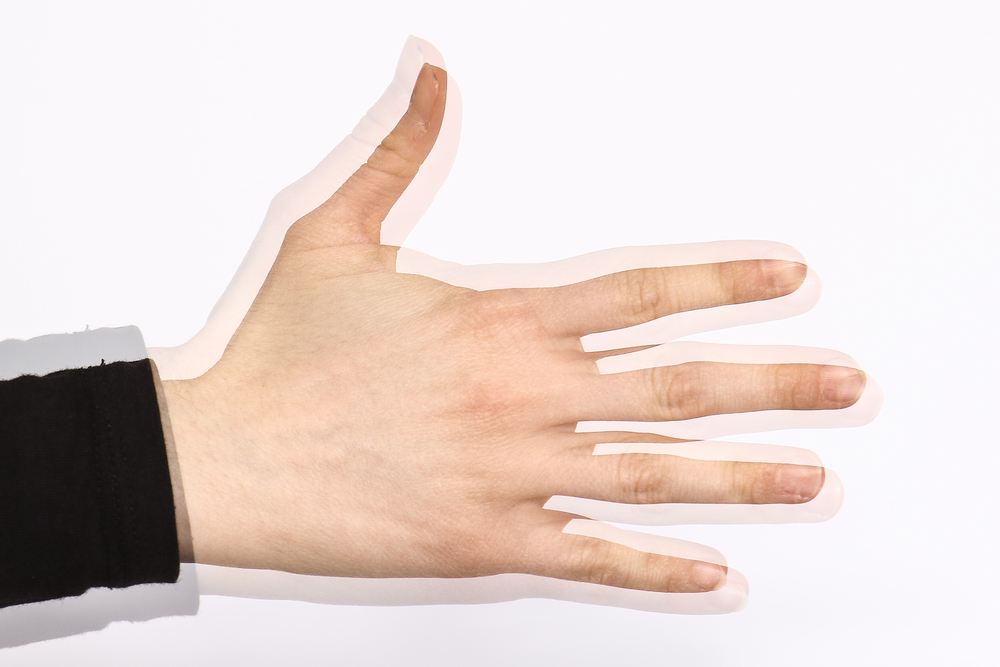
If you've ever struggled with double vision, blurred images, or imbalance, you might be experiencing binocular vision dysfunction. It's a condition that's often misunderstood and overlooked, yet it significantly impacts the quality of life of those affected. The more we understand about this condition, the better equipped we are to manage its effects and seek appropriate treatment.
What is Binocular Vision Dysfunction?
Binocular vision dysfunction is a condition where the eyes are misaligned, making it challenging for them to work together to create a single image. This misalignment can be so subtle that it's often missed during routine eye examinations. However, it can cause a range of symptoms that can significantly affect an individual's quality of life.
When the eyes don't align properly, the brain receives two slightly different images. This disparity forces the brain to work overtime to put together a single, coherent image, leading to various discomforting symptoms. It's a bit like trying to watch a 3D movie without the glasses—everything appears blurry and disorienting.
Our brains are wired to receive and interpret visual inputs from both eyes to create a three-dimensional perception of the world around us. However, if this coordination is disrupted, it results in binocular vision dysfunction.
Common Signs and Symptoms of Binocular Vision Dysfunction
Identifying binocular vision dysfunction can be challenging due to the diversity of its signs and symptoms. One of the most common symptoms is double vision, which can cause significant discomfort and confusion. However, it's essential to understand that the signs can go beyond visual disturbances.
Other common symptoms include headaches, dizziness, nausea, and imbalance. These symptoms can be severe enough to disrupt daily activities and reduce the overall quality of life.
Causes of Binocular Vision Dysfunction
Understanding the causes of binocular vision dysfunction is a crucial step in tackling this condition. The causes can be varied, ranging from congenital issues to acquired conditions.
In some instances, binocular vision dysfunction can be congenital, meaning it's present from birth. This is usually due to the eyes' physical structure, which causes them to be misaligned. However, this does not mean that symptoms will be apparent from birth—they can develop gradually and become noticeable only later in life.
Acquired binocular vision dysfunction is often the result of trauma, such as head or eye injury. It can also be caused by neurological conditions that impact the brain's visual processing capabilities. Regardless of the cause, the result is the same—an inability of the eyes to work together, leading to a range of uncomfortable symptoms.
The Role of a NeuroVisual Examination
When it comes to diagnosing binocular vision dysfunction, a comprehensive NeuroVisual Examination plays a critical role. This specialized evaluation goes beyond standard eye tests, focusing on the minute details of eye alignment and coordination.
During a NeuroVisual Examination, the optometrist looks for subtle misalignments that could be causing symptoms. The examination includes a series of tests to assess how the eyes are working together and how they respond to various stimuli. It's a thorough evaluation that can provide valuable insights into the underlying causes of symptoms.
Treatment Options for Binocular Vision Dysfunction
Once binocular vision dysfunction is diagnosed, there are several treatment options available. The choice of treatment largely depends on the severity of the condition and the individual's specific symptoms.
One of the most effective treatments is vision therapy, a program of exercises designed to improve coordination and alignment of the eyes. This therapy can be tailored to the individual's needs, focusing on strengthening the muscles that control eye movement and improving visual processing in the brain.
Another treatment option is the use of specialized prism lenses. These lenses are designed to adjust the light entering the eyes, helping them work together more effectively.
Overcoming Binocular Vision Dysfunction
Dealing with binocular vision dysfunction can be a daunting experience. The constant struggle with double vision, imbalance, and discomfort can take a toll on one's quality of life. However, understanding the condition, recognizing the symptoms, and seeking professional help can make all the difference.
If you're experiencing symptoms of binocular vision dysfunction, seek help today. A comprehensive NeuroVisual examination could be the first step towards a clearer, more comfortable vision. Visit Federal Hill Eye Care in our Baltimore, Maryland office. Call (410) 752-8208 to schedule an appointment.







